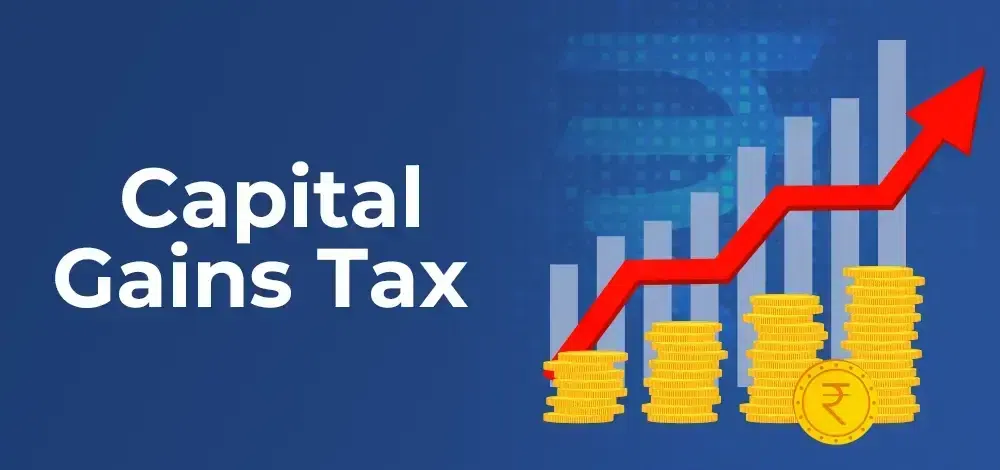Capital Gains Tax (CGT) is a tax you pay on the profit you make when you sell an asset, such as real estate, stocks, or other investments. The tax is only applied to the gain—meaning the difference between what you paid for the asset (your “basis” or “cost basis”) and what you sold it for.
For example, if you bought a stock for ₹1,000 and later sold it for ₹1,500, you’d have a capital gain of ₹500. That ₹500 would be subject to capital gains tax.
There are two main types of capital gains:
Short-Term Capital Gains: If you sell an asset you’ve held for one year or less, the gain is taxed at ordinary income tax rates, which can be higher.
Long-Term Capital Gains: If you sell an asset you’ve held for more than one year, the gain is usually taxed at a lower rate, depending on your income and the tax laws in your country.
Finance Minister Nirmala Sitharaman introduced major changes to the Long-Term Capital Gains (LTCG) tax structure in Budget 2024, raising the tax rate from 10% to 12.5%.






